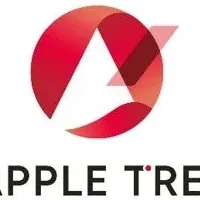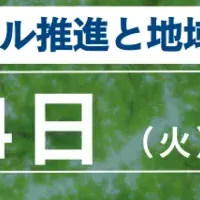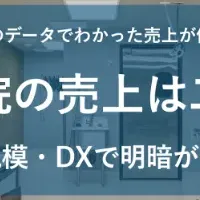
JuCoin Sets the Stage for Web3 in Taiwan with Comprehensive Compliance and Ecosystem Development
JuCoin's Ambitious Entry into the Taiwan Crypto Market
In a significant move for the cryptocurrency landscape in Taiwan, JuCoin, a pioneering service-driven cryptocurrency exchange, has officially launched its operations in the region. This announcement follows recent regulatory developments in Taiwan, establishing the nation's position as a frontrunner in crypto regulation across the Asia-Pacific. The Financial Supervisory Commission (FSC) of Taiwan has released new regulatory drafts that need all Virtual Asset Service Providers (VASPs) to complete their registration by September this year, effectively transitioning from a framework of self-regulation to one of stringent legal oversight.
With these changes, JuCoin has proactively submitted its license application to the FSC, coinciding with the establishment of a tailored Know Your Customer (KYC) system aimed at ensuring compliance with Taiwan’s Anti-Money Laundering Act. This initiative will utilize advanced technology including AI facial recognition combined with thorough transaction oversight to mitigate risks associated with illicit activities. Furthermore, JuCoin has infused security measures throughout its operational framework, establishing protocols for asset security, risk assessment, and customer due diligence, aligning with the FSC’s guidelines for virtual asset custody.
A 200 Million TWD Commitment to Propel Community Development
Beyond regulatory compliance, JuCoin has recognized the pulse of the Taiwan crypto community, which boasts a spectrum of culture from meme coins to decentralized physical infrastructure (DePIN) innovation. As an indication of their commitment, JuCoin will inject 200 million TWD into local projects, conditional on increasing their user base to over 100,000. This investment will launch the "Taiwan Web3 Accelerator" program, which will encompass a range of initiatives, including:
1. Developer Support Fund: Offering seed investments of up to $500,000 for local technology ventures focused on AI, DePIN, and real-world assets, with priority access to JuCoin's Launchpad.
2. Education Programs: Collaborating with universities in Taiwan to nurture talent through training camps for Web3 compliance and technological skills, aiming to produce 500 experts annually.
3. Node Mining Incentives: Allowing users to participate in governance through staking of AIC tokens, enhancing community involvement.
4. Cultural IP Support: Financing NFT initiatives and gaming studios to merge local heritage like Mazu culture and Hakka traditions into digital formats.
JuCoin's leadership emphasizes that its relationships with the local community and industry shouldn't merely be transactional but should foster co-creation and innovation.
Robust Technical Infrastructure for Enhanced User Experience
JuCoin's competitive edge lies in its commitment to deliver a service-driven ecosystem. The platform showcases three critical technological features designed specifically for the Taiwan market:
- - JuChain: This Layer 3 public blockchain is optimized for high-frequency trading, supporting an impressive volume of transactions per second while ensuring minimal fees, thereby facilitating efficient DeFi and GameFi operations.
- - AIC Earning Ecosystem: This feature allows users to enjoy competitive returns on their staked AIC tokens, fostering transparency and attracting long-term investment.
- - Compliant Cross-Chain Bridge: Enabling seamless exchanges between local currency (TWD) and USDT, allowing effortless integration with trusted local financial institutions.
This robust technical framework makes JuCoin's offerings distinctive compared to more traditional centralized exchanges, addressing unique regional needs through innovation.
Collaborative Governance with Taiwanese Regulators
JuCoin's approach to establishing its Taiwan operations is marked by a collaborative governance model. By engaging with regulators, including active participation in discussions surrounding the draft of the
Topics Other)










【About Using Articles】
You can freely use the title and article content by linking to the page where the article is posted.
※ Images cannot be used.
【About Links】
Links are free to use.